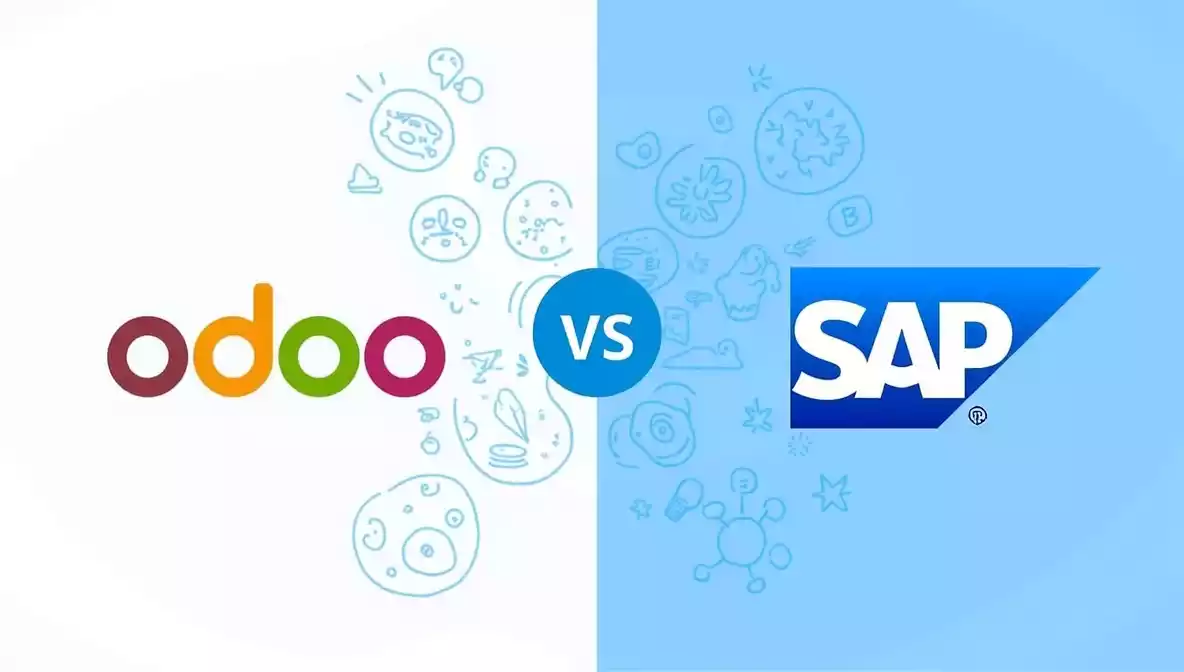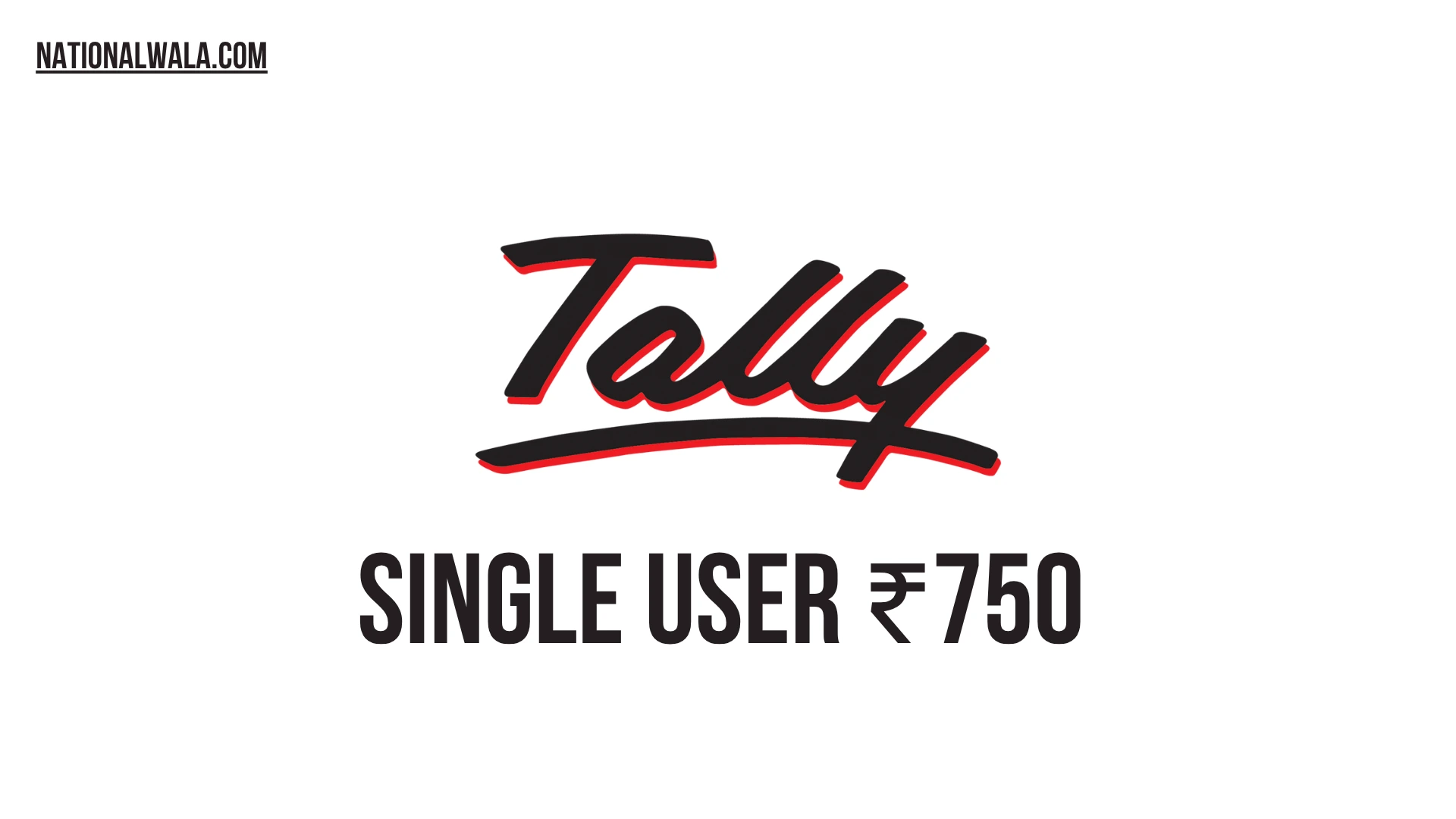When choosing an ERP system, two names often come up—Odoo and SAP. Both platforms help manage business processes. However, they differ in complexity, cost, and flexibility.
This guide compares Odoo vs SAP in detail. Let’s explore their key differences, strengths, and use cases.
Table of Contents
What is Odoo?
Odoo is a modular, open-source ERP platform. It offers over 40 integrated apps for accounting, CRM, sales, HR, inventory, and more.
Odoo comes in two versions:
- Community Edition (free)
- Enterprise Edition (paid)
It’s popular among startups and growing companies. You can choose cloud or on-premise hosting. It supports deep customization through code.
What is SAP?
SAP is one of the most established ERP providers. It serves large enterprises globally. The system includes advanced modules for finance, logistics, supply chain, and human capital management.
SAP offers several products:
- SAP S/4HANA (for large enterprises)
- SAP Business One (for SMBs)
- SAP Business ByDesign (cloud-based mid-sized ERP)
SAP is known for reliability, industry-specific tools, and high-level integration.
User Interface and Usability
Odoo has a modern and clean interface. It’s simple to use. You can drag, drop, and customize dashboards.
SAP’s UI is more traditional. It’s functional but not as intuitive. However, Fiori (SAP’s modern UX design) improves the user experience.
For ease of use, Odoo has the upper hand. SAP suits users who need depth over design.
Feature Comparison
Accounting
Odoo handles invoicing, reconciliation, tax rules, and financial reports. It links well with sales, purchase, and inventory.
SAP’s financial module is powerful. It includes real-time analytics, global compliance, and multi-currency handling.
SAP wins in enterprise-grade financials. For small businesses, Odoo is easier and cost-effective.
CRM
Odoo’s CRM includes pipeline tracking, lead scoring, and integration with email and websites.
SAP CRM is robust. It includes customer segmentation, campaign management, and AI insights. It’s built for large-scale operations.
For basic CRM, Odoo works well. For enterprise customer management, SAP is better.
Inventory & Warehouse
Odoo offers barcode scanning, multi-warehouse support, and automated stock rules. It suits growing retail and manufacturing units.
SAP’s inventory tools are extensive. They cover demand planning, supply chain visibility, and advanced stock forecasting.
SAP provides more depth. Odoo handles inventory efficiently for mid-sized businesses.
Human Resources
Odoo includes payroll, employee profiles, attendance, and appraisals.
SAP SuccessFactors covers performance, recruitment, succession planning, and global HR compliance.
For enterprise HR needs, SAP excels. For SMEs, Odoo is more affordable.
Customization and Flexibility
Odoo is open-source. Developers can build or modify modules easily. It adapts to unique business models.
SAP allows customization too. But it’s complex. You’ll need certified consultants. Custom changes often involve longer deployment cycles.
If flexibility matters, Odoo is ideal. SAP suits businesses that follow strict, standardized processes.
Industry Fit
Odoo works well for:
- Retail
- Manufacturing
- Services
- Wholesale
SAP supports industries like:
- Automotive
- Pharmaceuticals
- Oil and Gas
- Government
SAP is built for industry-specific compliance and workflows. Odoo is better for businesses that need agility and adaptability.
Integration Capabilities
Odoo integrates with payment gateways, eCommerce platforms, and shipping tools. It also supports third-party API connections.
SAP offers integrations with other SAP products, external databases, IoT, and analytics platforms like SAP Analytics Cloud.
For quick setups, Odoo integrates faster. SAP is more powerful in large enterprise environments.
Deployment Options
Odoo offers:
- Cloud (Odoo.sh or Online)
- On-premise
- Hybrid options
SAP provides:
- On-premise
- Public cloud
- Private cloud via SAP HANA Enterprise Cloud
Odoo gives more control to smaller teams. SAP ensures global-scale reliability with managed services.
Mobile Experience
Odoo provides mobile apps for most modules. They’re useful for CRM, inventory, and HR on the go.
SAP Fiori apps support key modules like approvals, timesheets, and analytics. These apps are secure and built for performance.
SAP’s mobile suite is enterprise-grade. Odoo’s apps are lightweight and user-friendly.
Security and Compliance
Odoo includes role-based access control, backups, and SSL security.
SAP is trusted by global banks, governments, and Fortune 500 companies. It supports GDPR, SOX, and ISO compliance standards.
SAP wins in enterprise security. Odoo covers standard business needs effectively.
Pricing Comparison
Odoo’s pricing is modular:
- Community version is free
- Enterprise starts around $25/user/month (varies by app count and hosting)
SAP’s pricing is complex:
- Licensing, hardware, setup, and maintenance are billed separately
- SAP Business One may start at ~$100/user/month
- Full SAP S/4HANA deployments cost significantly more
Odoo is more affordable for SMBs. SAP is a serious investment for enterprises.
Support and Community
Odoo offers:
- Documentation
- Community forums
- Paid support through partners
SAP provides:
- 24/7 enterprise support
- Global partner network
- Extensive knowledge base and SAP Learning Hub
SAP support is mature and standardized. Odoo’s community is growing and open.
Pros and Cons Summary
Odoo Pros:
- Open-source and flexible
- Affordable pricing
- Simple and user-friendly
- Fast deployment
Odoo Cons:
- Less robust for enterprise reporting
- May need developer support for scaling
- Limited industry compliance features
SAP Pros:
- Enterprise-level reliability
- Deep industry focus
- Advanced analytics and compliance tools
- Trusted by global brands
SAP Cons:
- High cost
- Complex implementation
- Requires training and consulting
Final Verdict: Odoo or SAP?
Choose Odoo if:
- You’re a small or medium-sized business
- You need flexibility
- You want fast deployment and lower cost
Choose SAP if:
- You’re a large enterprise
- You require strict compliance
- You need industry-specific tools
Your ERP decision depends on your goals, budget, and growth plans.
Conclusion
Both Odoo and SAP deliver powerful ERP solutions. Odoo offers affordability and ease. SAP delivers scale and structure.
Evaluate your business needs. Consider your team’s size, industry, and budget. Then, choose the platform that will support your long-term success.



